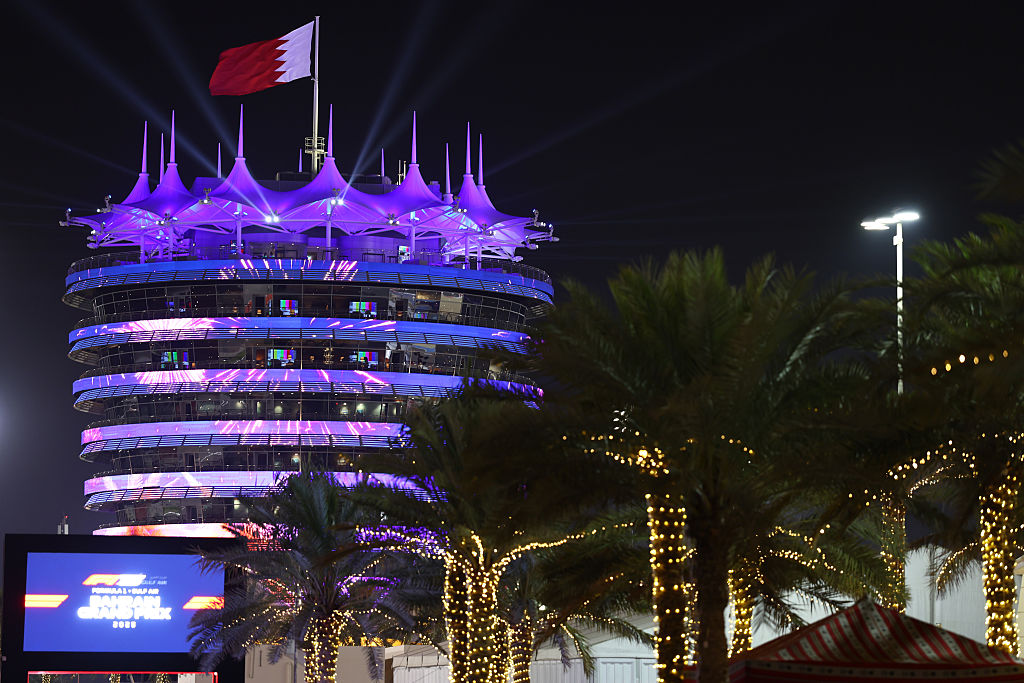
The race weekend in Bahrain was already set to be a political one after confirmation there would be discussions relating to future power unit regulations on Friday.
Bringing together the power unit manufacturers, interested parties from teams, the FIA and representatives from Formula 1 to discuss the direction the sport heads in can be intense at the best of times. But when some are describing the meeting itself as “a complete waste of time” — to quote one expected attendee — there could be some significantly opposing views.
The discussion will center around the length of time the incoming set of V6 regulations run for, against a backdrop of certain stakeholders pushing for a return of a V10 engine running on sustainable fuel in the near future.
There’s a clear split between manufacturers that are and are not interested in such a discussion, but the topic was floated — in public anyway — by FIA president Mohammed Ben Sulayem and could become a key point of contention.
Not that Ben Sulayem and the FIA need any more of those right now.
24 hours before that meeting was due to take place, FIA deputy president for sport Robert Reid announced his resignation, citing a “governance crisis” that he could no longer be associated with. The press release from Reid described “a fundamental breakdown in governance standards within motorsport’s global governing body,” in perhaps the most powerful message from a departing member of Ben Sulayem’s team so far.
One of the reasons it was so powerful is because of where Reid stood within the organizational structure. He had been a significant figure within Ben Sulayem’s campaign and extremely senior within the FIA alongside Senate president Carmelo Sanz de Barros and deputy president for automobile, mobility and tourism, Tim Shearman.
But just before Ben Sulayem was set to make his first appearance of the year at a Formula 1 event — a high-profile platform for the president — he was seeing his leadership come under attack.
Only a day earlier, David Richards, the Motorsport UK chairman who had already publicly voiced his concerns, had used stronger language in claiming that “the governance and constitutional organization of the FIA is becoming ever more opaque and concentrating power in the hands of the president alone.”
The topic of infighting within the FIA naturally become a topic throughout Thursday, but George Russell — a spokesperson for the drivers in his role as Grand Prix Drivers’ Association (GPDA) director — seemed almost apathetic towards the situation.
“Unfortunately, I think every time we hear some news from that side of the sport, it’s not really a big surprise,” Russell said. “It’s clearly a real shame to see, somebody who’s very well respected within the sport and been there for so long — as we keep saying, it’s like, ‘What’s next?’ So, it’s a shame to see, and hopefully we get more stability sooner rather than later.”
But as is often the case with Russell, he was still willing to elaborate. The Mercedes driver stated his apathy is shared with a wide number of his peers on the grid who feel like their involvement is not having an impact in many scenarios, but also — whether intentionally or not — suggesting there is a line that has the teams and F1 on one side and the FIA on another.